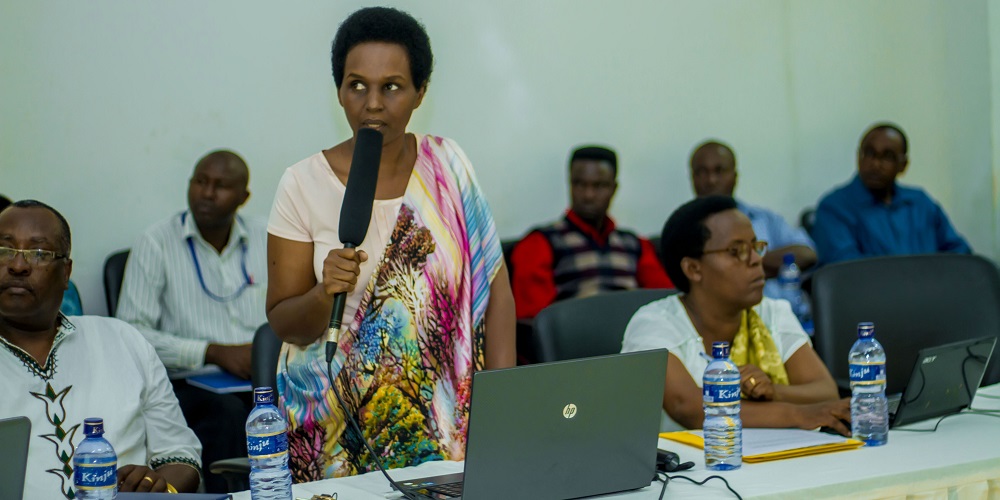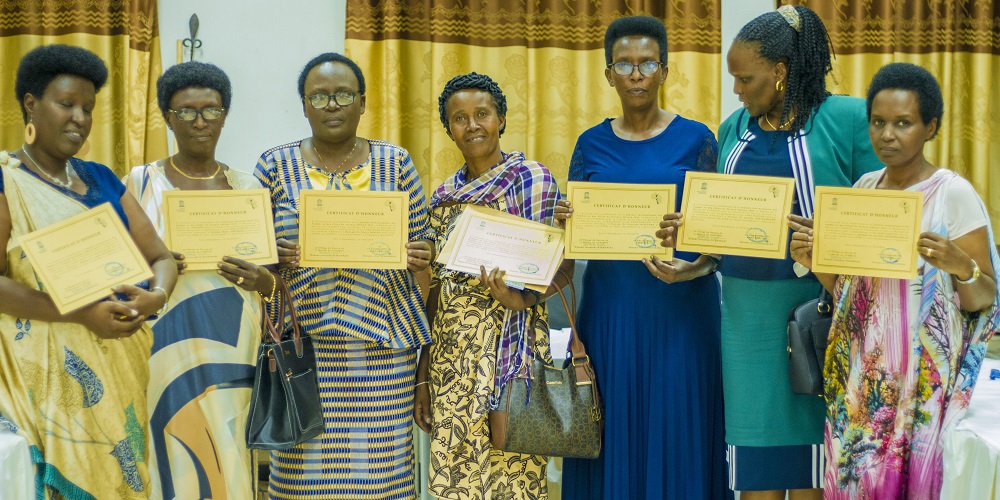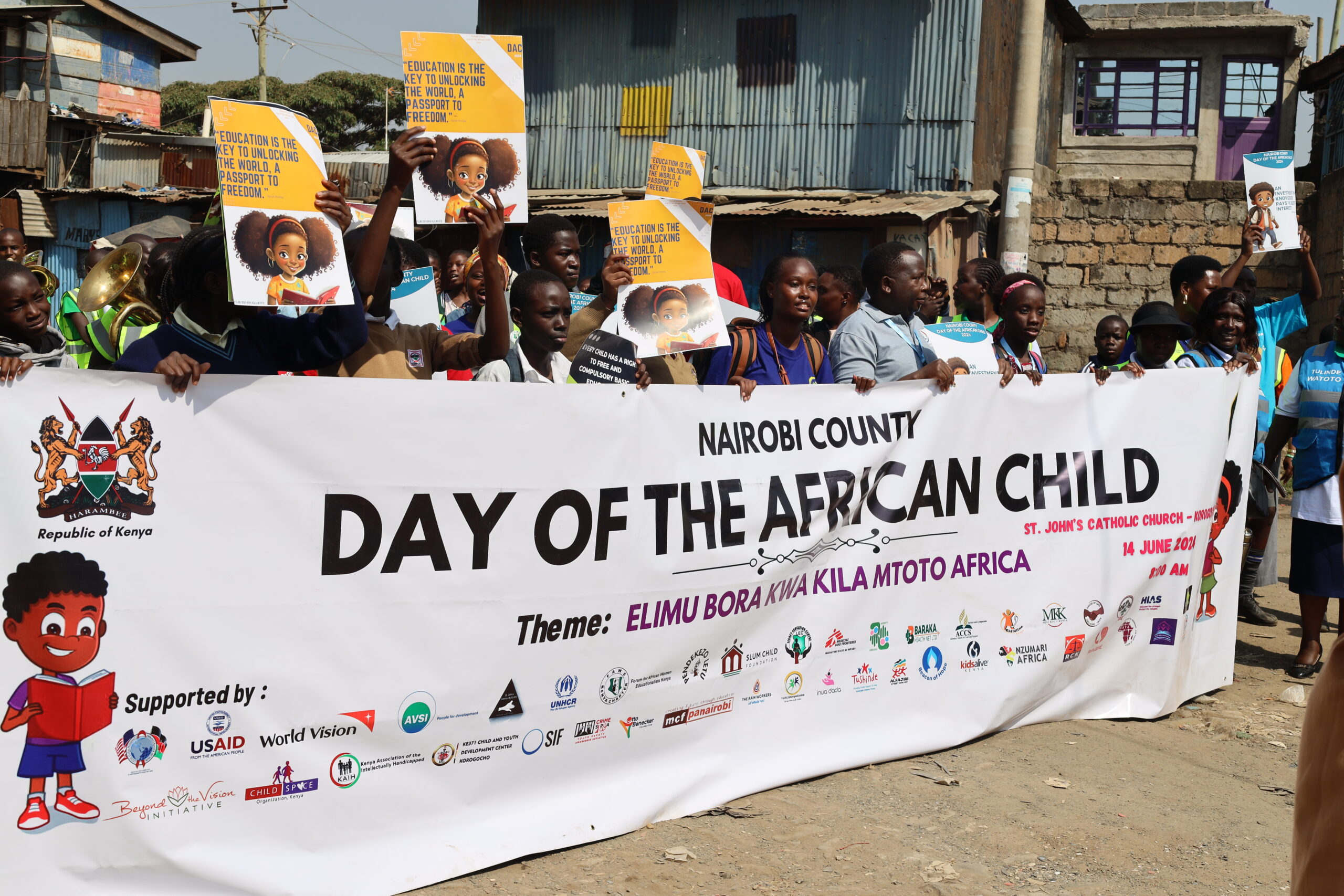The UN General Assembly on 22December 2015 dedicated February 11 to women and girls of science. In Burundi, the day was celebrated for the first time ever on 18 February 2019 at the Ecole Normale Supérieure (ENS). Jointly organized by ENS, the UNESCO House of Peace and FAWE Burundi, the event brought together university professors, Ministry of Education officials, FAWE members and some female students.
In addition to the opening and closing speeches, participants were given two presentations and two testimonials from women scientists. The well-illustrated presentations by Dr. Ancille Ngendakumana (ENS) and Alice Nindorera (FAWE Burundi) focused on the history and purpose of the celebrations of this day.
The obstacles imposed on girls in education, particularly in the science, technology, engineering, and mathematics (STEM) subjects will need to be addressed in a country that aspires for sustainable development.
The Burundi population is estimated at 52% female according to the 2008 census: development is inconceivable if such a large portion of human capital is neglected.
Prejudices against the feminine gender are multi-secular and universal. The pioneers STEM, at the global level, were ignored or even opposed in their time during the first half of the last century.
In our country and in our time, we do not have time to procrastinate, given the pace of change especially in the field of STEM: it requires awareness for greater schooling of children. The first high school for boys was founded in 1924 and it was not until 18 years (1942) that one for girls was opened: it was the times back then, but still discrimination all the same. Affirmative action at the secondary level to reduce the gender gap only came into play in 1980, with the lowering of the admission marks for girls.
Today, some incentives such as the provision of high school and university internships for girls enrolled in science programs, are ongoing. The science pathway is important in order to increase the chances of employability in the coming years.
The testimonials given by two university professors, a physicist and a chemist, made reference to the internal obstacles of the subject to the candidate of the scientific career and external obstacles that are environmental.
According to popular opinion, the STEM field is not compatible with the dominant measures of femininity. This myth is now being debunked given the number of Burundian women who are charming, elegant and are good mothers with advanced degrees and are practising science professionals.
The battle starts in high school during the orientation to the different departments: it is assumed that girls are more inclined towards the arts, social sciences and organic natural sciences.
The final battle takes place during doctoral studies when the candidate is already a mother and is expected to spend half a decade abroad, away from her husband and children. Parents and friends readily predict the collapse of the family.
The celebrations of the day ended on a happy note with the awarding of certificates in honour to 12 women who stood out in their fight for girls’ education and the promotion of STEM. They are living role models that our society should value and whose courage should be recognized by the country.







Leave A Comment